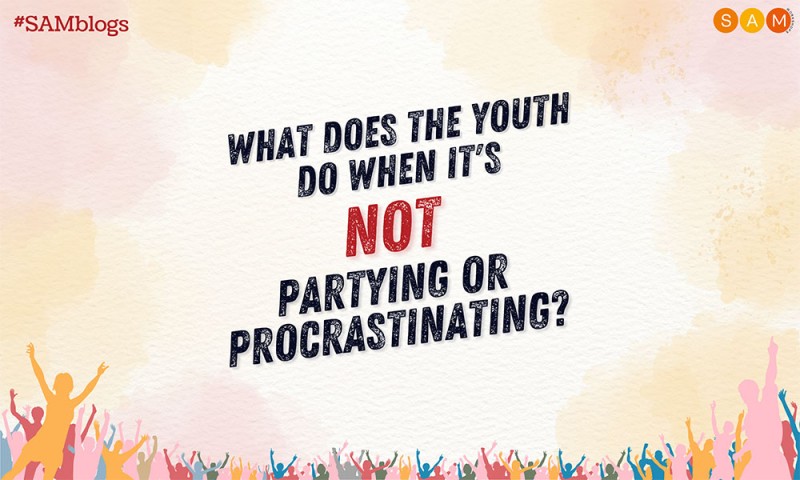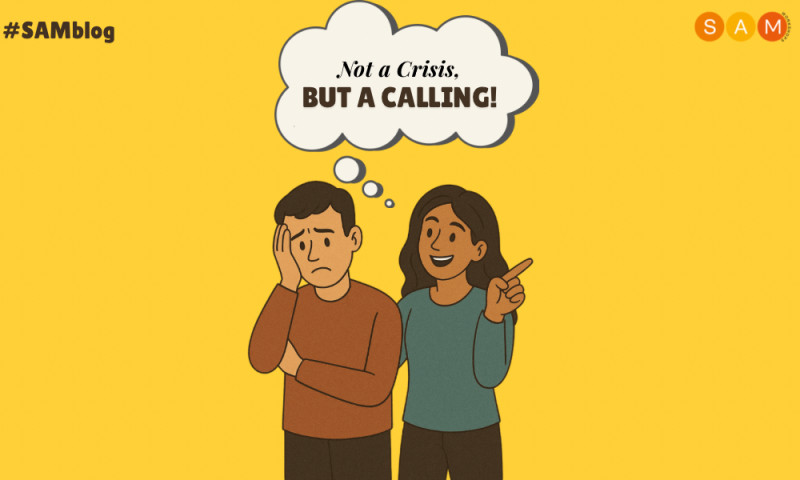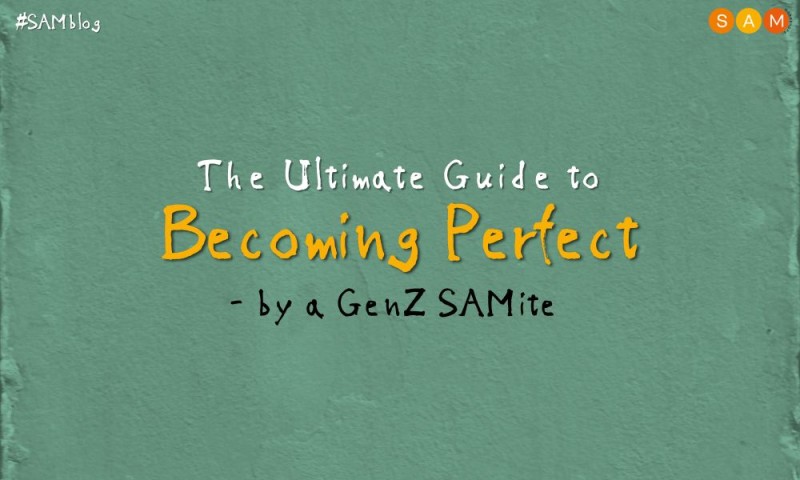For most people today, Gen Z seems to be a chaotic, messy lot whose decisions are erratic and dreams ‘too ambitious’. Because, apparently, at the end of the day, all the youth seems to do is either party or procrastinate. Naturally, the one question posed to us more often than not seems to be, “What does the youth do when it’s not partying or procrastinating?”
Today, on the International Day of Democracy, we are going to answer this contested question and bring to you a perspective that will change the way you look at youth today.
We begin with the basics. What is a democracy? And what has it got to do with the youth anyway? When we think of the word ‘democracy’, the first thing that comes to mind is the phrase ‘for the people, of the people, and by the people’, right?
In fact, the values of freedom and equality, respect for human rights and the principle of holding periodic and genuine elections by universal suffrage are the touchstones of Democracy. The UN marks this day as an opportunity to review the state of democracy across the world. And when we talk about reviewing ‘democracy’, the most obvious assessment is that of the world’s largest democracy – Bharat.
In Indian democracy, we govern ourselves through elected representatives who take decisions on the people’s behalf until the next election. The beauty of India’s democracy is found in its massive scale, the HUGE number of eligible voters, the genuine acceptance of the democratic verdict and the overall way in which the country of 1.3 billion people comes together with inexplicable zeal to choose its leaders at every level of governance.
(Did you know the 2019 General Elections had over 900 million eligible voters!?1)
It’s common knowledge that the legislature, the executive, the judiciary and the independent media serve as the four pillars of Indian democracy. But what if we told you that the YOUTH is the real foundation of the entire democratic framework of the country?
According to a Report by the Central Statistics Office, India has over 422 million youth today.2 This massive part of the population, nearly half of the eligible voters, represents the future of Indian democracy with all its new and unique ways of ideation, self-governance, social advocacy and futuristic perspectives. The youth is the single largest group that holds the potential to transform Indian society and take it forward at a pace never seen before.
And these are not just words.
Today, the youth is getting increasingly active in governance issues at local, regional and national levels - from engaging in mainstream politics to being the leading change makers in civil society groups, community service initiatives, resource building programmes and developmental initiatives across the country.
Today’s youth is proactive about the country’s governance, aware about the country’s issues, clear about the country’s goals and driven towards ensuring the accountability of elected representatives.
Today’s youth recognises the power it holds over every decision being taken, it has learnt how to assess whether policy decisions are beneficial or problematic and it knows how to bring about positive change in the democratic machinery of the country.
But what is so NEW about the present generation that makes it the cornerstone of Indian democracy? We believe that it is the drive to devise new and creative solutions to problems plaguing Indian society for decades. In recent years, we, the youth of India, have learnt how to act as a huge pressure group that can make the governance mechanisms work in the right direction by holding them accountable and answerable for their actions.
This tech-savvy, media-oriented, quick-thinking lot of the population has changed the way democracy is looked at in contemporary times. It was previously believed that a population only needs to vote for their representatives once every five years and the entire responsibility of the country is then shifted to the shoulders of these chosen politicians. The youth has realised the fallacy hidden in this belief.
Today, we are aware of our responsibilities beyond voting and Election Day. We are aware that the stakes are high and we recognise the collective responsibility we hold.
It is the understanding of today’s youth that while we make informed decisions about individual lifestyles and careers, the kind of democracy prevailing in the country inherently affects all these personal decisions.
We realise that if we do not become flag-bearers of the country’s present, we shall be putting our collective futures at immense risk.
In fact, the youth has proven itself during the COVID-19 pandemic. Using every conventional and unconventional means available, youngsters across India relentlessly helped organise community resources like medical oxygen, hospital beds, medicines, injections and food for patients and affected families. Almost every youth organisation of the country was tirelessly confirming sources, updating databases, setting up helplines and reaching out to those in need. In the dark times of uncertainty and despair, it was the collective youth initiative that helped uncountable people and kept our hopes up.
This is not the first time the youth has taken the country’s working into its own hands. Through awareness campaigns, social media, youth conferences and social advocacy initiatives, the youth questions and guides the country’s governance EVERY DAY. While the wheels of democracy require experience and perseverance, an energetic working youth helps the democracy thrive forward.
So the next time you’re asked, “What does the youth do when it’s not partying or procrastinating?”
The answer is: “It is busy sustaining the country’s democracy.”
Notes
2http://mospi.nic.in/sites/default/files/publication_reports/Youth_in_India-2017.pdf




3 Comments
Described the Indian youth and their roles in a democracy in a simple and amazing way.
This shows youth's active participation in nation building
Must read if you want to understand the youth of our nation